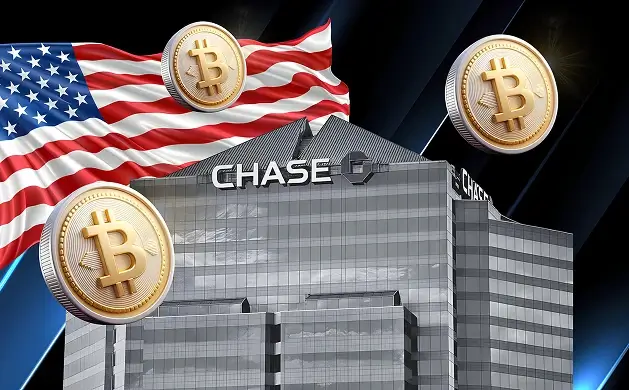How to Bridge to Solana

Summary: The fastest and safest way to bridge assets to Solana is deBridge, which supports transfers from 15 networks with instant finality, 100% uptime, and a flat 0.001 ETH fee.
Connect your MetaMask or Phantom wallet, select your asset, approve the transaction, and receive funds on Solana within minutes.
deBridge is the recommended way to bridge assets to Solana, ensuring instant finality, low fees, and seamless execution, with over $8 billion in transfers.
Supported Chains
Ethereum, Arbitrum, Solana & More
Supported Tokens
WETH, USDC, SOL & More
Verified Audits
Halborn, Zokyo and Immunefi
Can I Bridge to Solana?
Yes, you can transfer assets to Solana using a cross-chain bridge. These platforms connect Ethereum-based wallets like MetaMask to Solana wallets such as Phantom.
Supported assets, including ETH, SOL, USDC, and USDT, can be moved from Ethereum, layer 2 networks, or other blockchains directly to Solana’s mainnet.
How to Bridge to Solana
To transfer assets to Solana, use deBridge, a cross-chain protocol that has processed over $8 billion in volume with 100% uptime. deBridge supports seamless transfers from Ethereum, Base, Hyperliquid, Sonic, and other major networks directly to Solana.
Steps to Bridge Assets to Solana with deBridge:
- Connect Your Wallet: Open deBridge and link a compatible wallet, like MetaMask or Phantom.
- Select Networks & Token: Choose the source network (Ethereum, Base, etc.) and set Solana as the destination. Select your asset (ETH, SOL, USDC, or USDT).
- Authorize & Confirm: Enter the amount, approve the transaction, and confirm in your wallet.
- Complete Transfer: Follow any final prompts. Your funds should arrive in minutes.

What Are the Fees for Bridging to Solana?
Bridging to Solana via deBridge incurs a 0.001 ETH flat transfer fee, plus network-specific gas fees:
- Ethereum Mainnet: Typically $5–$10, depending on network congestion.
- Layer 2 Networks (e.g. Base): Generally under $1, making it the cheapest option.
- Other Layer 1 Networks (e.g. Sonic): Usually less than $1 per transfer.
For the lowest costs, bridging from a Layer 2 network like Base is the most efficient, as it reduces gas fees and minimizes slippage.
Best Alternative Bridges for Solana
If deBridge isn’t the right fit, these alternatives also support transfers to Solana:
- Portal Bridge (Wormhole): A widely used bridge connecting Solana with Ethereum, Sui, Aptos, and other non-EVM chains, enabling seamless cross-chain transfers.
- Synapse: Supports Solana alongside multiple networks, including Layer 2s and non-EVM ecosystems, with an easy-to-use interface and efficient transactions.
- Rhino.fi: Works across 17+ networks and has processed over $2 billion in transfers, though its 0.19% fee makes it a pricier option.
Fees, security, and token availability vary by bridge. Before transferring, check if your asset, such as SOL, USDC, or USDT, is supported and compare costs.

About Solana
Solana is a high-performance blockchain built for speed, scalability, and low-cost transactions, powered by the Solana Virtual Machine (SVM). Its integrated, parallelized architecture enables high throughput without relying on rollups, making it the leading network for DeFi, NFTs, and emerging sectors like DePIN.
With rapid adoption, deep liquidity, and increasing developer activity, Solana is positioned as Ethereum’s strongest competitor, offering superior execution speed and efficiency at a fraction of the cost.

Final Thoughts
Bridging to Solana is now more accessible than ever, with deBridge and other cross-chain protocols enabling fast, cost-effective transfers from Ethereum, Layer 2 networks, and beyond.
Whether you're moving assets for trading, DeFi, or other applications, choosing the right bridge depends on fees, speed, and token availability. Always verify fees and supported tokens before bridging to ensure an optimal experience.
%2520(1).webp)
Written by
Tony Kreng
Lead Editor
Tony Kreng, who holds an MBA in Business & Finance, brings over a decade of experience as a financial analyst. At Datawallet, he serves as the lead content editor and fact-checker, dedicated to maintaining the accuracy and trustworthiness of our insights.
.svg)
.webp)
%2520(1).webp)

.webp)
.webp)




